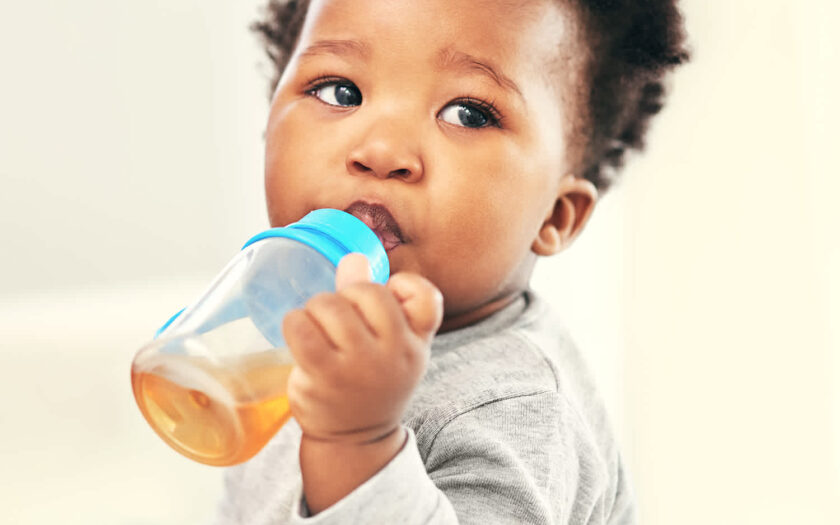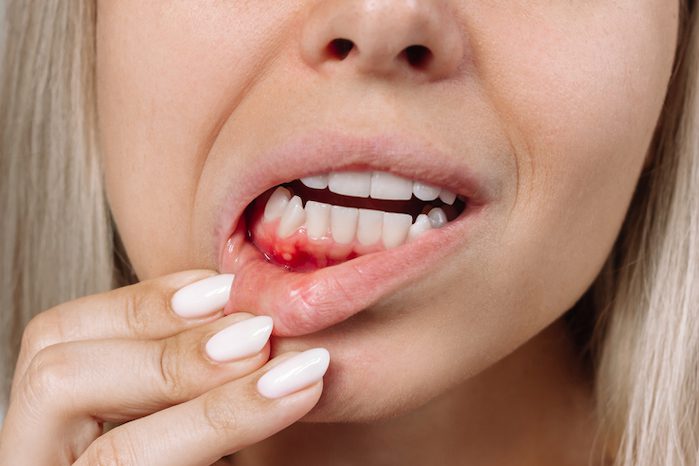Sugar substitutes, such as stevia, aspartame, and sucralose, are considered safe for children when consumed in moderation and approved by regulatory agencies. They can be useful for reducing sugar intake, especially for children with conditions like diabetes or obesity. However, whole, unprocessed foods should remain the primary source of nutrition, and over-reliance on sugar substitutes may not encourage healthy eating habits. Consulting a pediatrician or nutritionist can help ensure the right balance for your child’s diet.
What Are Sugar Substitutes?
Sugar substitutes are artificial sweeteners used in place of sugar to give foods and drinks a sweet taste. These sweeteners don’t provide nutrients that help children grow. Products containing them, like diet sodas, sports drinks, or yogurts, may be labeled “sugar-free” or “zero calorie.”
Two common sugar substitutes are aspartame and sucralose. These sweeteners are much sweeter than regular sugar, so only small amounts are used in foods and drinks. Experts now agree that tiny amounts of sugar substitutes are safe for some children, as long as they consume other foods that provide the necessary nutrients for growth.
How Are Sugar Substitutes Different From Sugar?
The body processes sugar and sugar substitutes differently. When we eat sugar, our body converts it into energy. However, it can’t do the same with sugar substitutes, which pass through the body without being converted into energy.
Are Sugar Substitutes Safe for My Child?
Sugar substitutes are safe for some children, but it depends on their age and health conditions. Here’s a basic guide:
- Babies and children under 2 years old should not have sugar substitutes. At this stage, they need nutrient-rich foods for brain and body development, and sugar substitutes offer no nutrients.
- Most kids over 2 years old can safely consume sugar substitutes as long as they maintain a balanced diet rich in essential nutrients. They should limit their intake of foods and drinks with sugar substitutes to 6–8 ounces per day.
- Kids with diabetes may be allowed to consume sugar substitutes, as these do not cause blood sugar spikes. Always check with their doctor to confirm.
- Kids with PKU (phenylketonuria) should avoid sugar substitutes, as their bodies can’t safely digest some of these substances, like aspartame.
What’s the Best Drink for My Child?
The recommended drinks vary by age:
- Babies up to 1 year old should drink breast milk or formula, which provide all the nutrients needed for growth.
- Toddlers (1–2 years old) should drink water and whole milk, which contains the necessary fat for brain development.
- Kids over 2 years old should primarily drink water and low-fat or nonfat milk, as these are the healthiest options.
If you have concerns about sugar substitutes, it’s always a good idea to consult your child’s doctor.



